The US has seized survivors of a military strike on a suspected drug-carrying vessel in the Caribbean, the first since Donald Trump began launching deadly attacks in the region last month, according to officials in Washington.
Trump later confirmed the attack, telling reporters that the targeted vessel was a narco-submarine.
“We attacked a submarine, and that was a drug-carrying submarine built specifically for the transportation of massive amounts of drugs,” Trump said while hosting the Ukrainian president at the White House.
Colombian drug lords first started using narco-subs – handmade semi-submersibles that travel just under the surface of the water – to smuggle cocaine through the Caribbean towards Mexico and the US in the 1980s.
More recently, crime bosses have become far more ambitious, commissioning fibreglass creations to ship huge hauls of cocaine over thousands of miles.
Thursday’s attack is believed to be at least the sixth strike in the waters off Venezuela since early September, and the first to result in survivors who were picked up by the US military. It was not immediately clear what would be done with the survivors, who the officials said were being held on a US navy vessel.
They confirmed the strike on the condition of anonymity because it has not yet been publicly acknowledged by the Trump administration.
This strike on Thursday brings the death toll from the US military action against vessels in the region to at least 28.
Trump justified the strikes by asserting that the United States was engaged in an “armed conflict” with drug cartels, relying on the same legal authority used by the Bush administration when it declared a “war on terror” after the September 11 attacks in 2001. That includes the ability to capture and detain combatants and to use lethal force to take out their leadership.
The president’s use of overwhelming military force to combat the cartels, along with his authorization of covert action inside Venezuela, possibly to oust the country’s president, Nicolás Maduro, stretches the bounds of international law, legal scholars say.
The survivors of this strike now face an unclear future and legal landscape, including questions about whether they are now considered to be prisoners of war or defendants in a criminal case. The White House did not comment on the strike.
Juanita Goebertus Estrada, Americas director at Human Rights Watch, said the attacks violated international human rights law and amounted to extrajudicial executions.
“The US is not engaged in an armed conflict with Venezuela, Trinidad and Tobago, or with alleged criminal groups involved. Under human rights law standards, officials engaging in law enforcement must seek to minimize injury and preserve human life. They may use lethal force only when strictly unavoidable to protect against an imminent threat of death or serious injury.
“In the different recent strikes conducted in the Caribbean, the US authorities made no effort to minimize harm and have not sought to demonstrate that the individuals aboard vessels posed any imminent threat to life,” she said.
The strikes come against the backdrop of a US military buildup in the Caribbean that includes guided missile destroyers, F-35 fighter jets, a nuclear submarine and about 6,500 troops as Trump escalates a standoff with the Venezuelan government.
On Wednesday, Trump disclosed he had authorized the Central Intelligence Agency to conduct covert operations inside Venezuela, adding to speculation in Caracas that the United States is attempting to topple Maduro.
The strikes in the Caribbean have caused unease among Democrats and Republicans on Capitol Hill, with some Republicans saying they have not received sufficient information on how the strikes are being conducted. A classified briefing for senators on the Senate armed services committee earlier this month did not include representatives from intelligence agencies or the military command structure of countries in South and Central America.
However, most Senate Republicans stood behind the administration last week when a vote on a war powers resolution was brought up, which would have required the administration to gain approval from Congress before conducting more strikes.
The Associated Press and Reuters contributed reporting


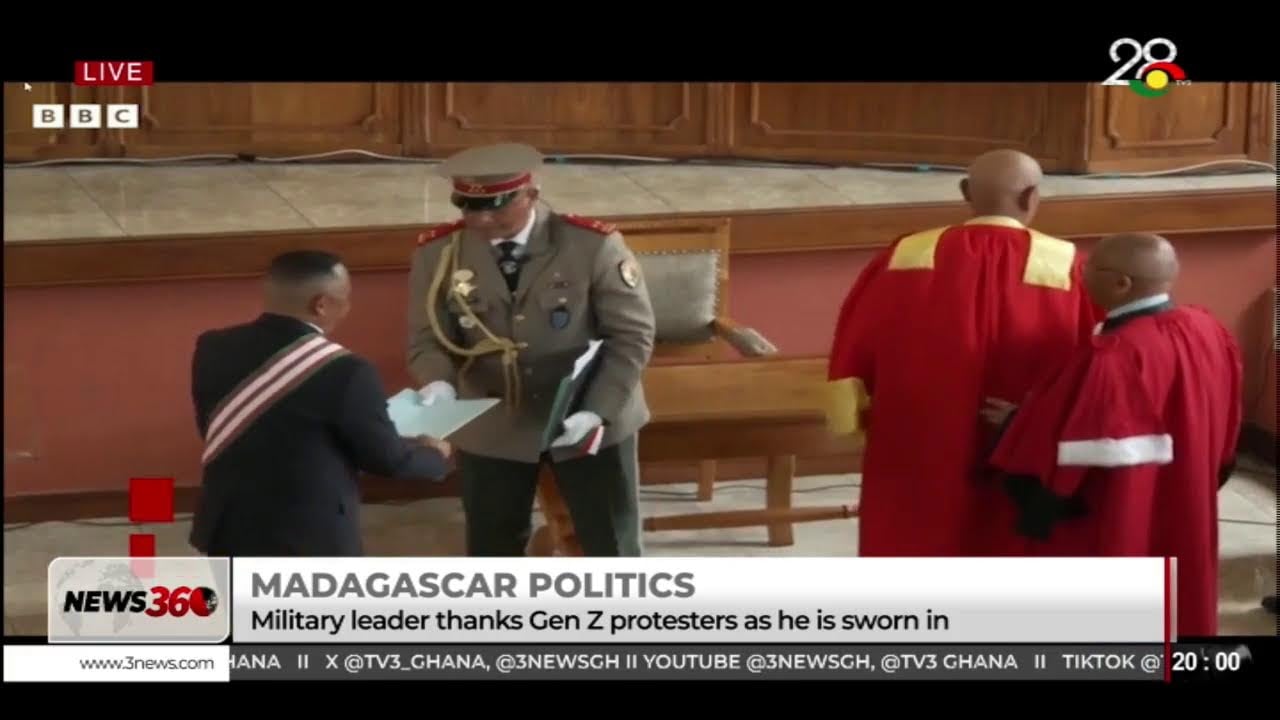
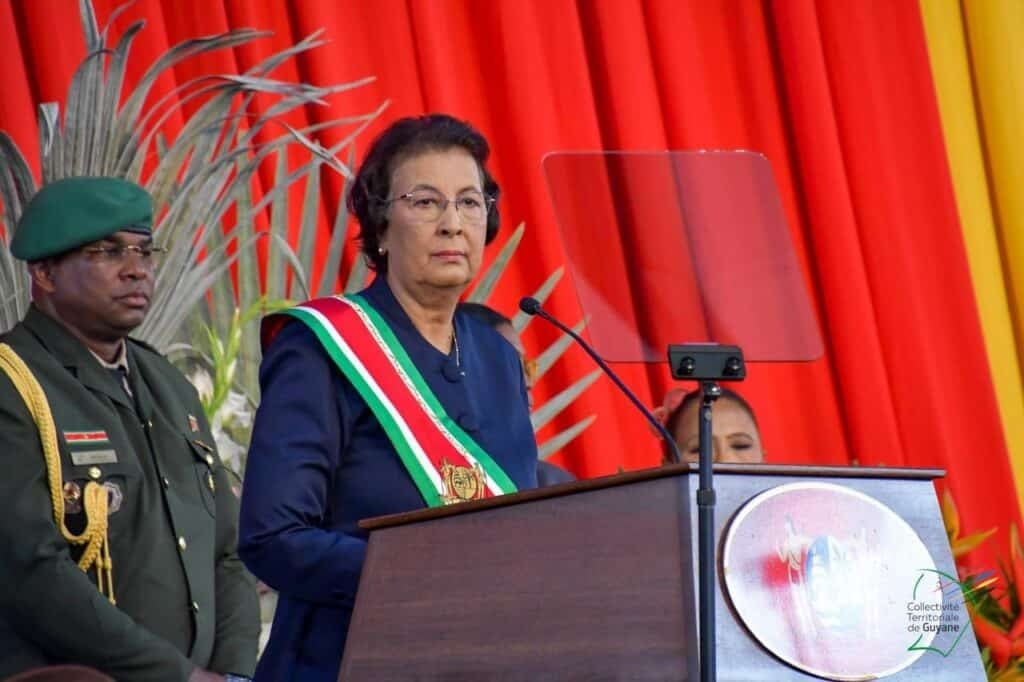

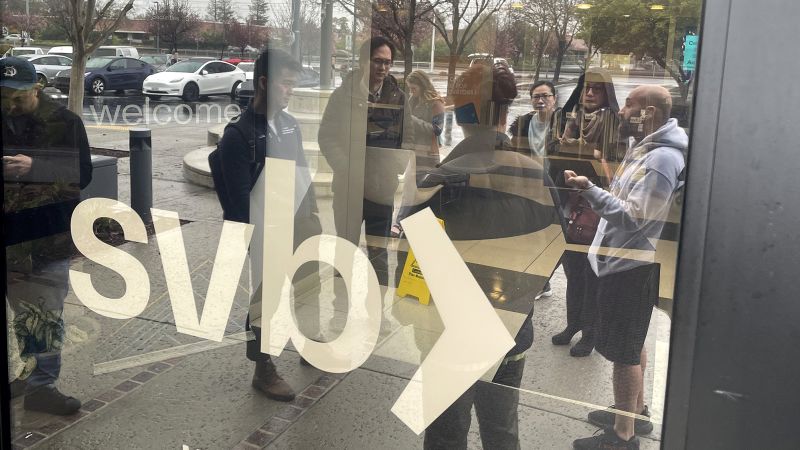

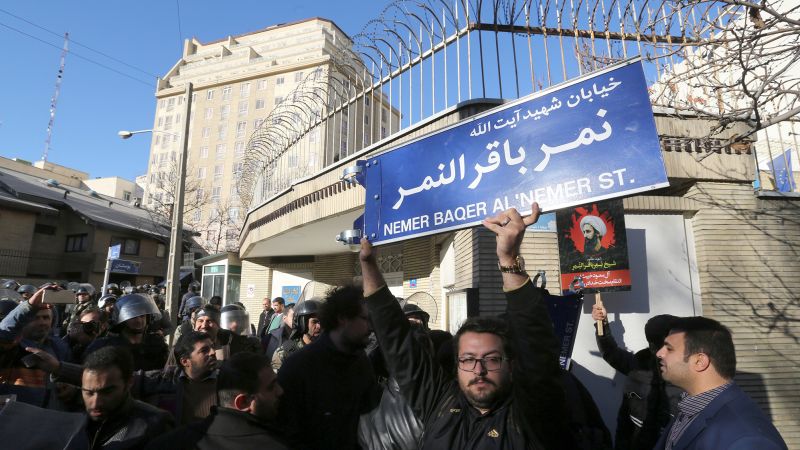
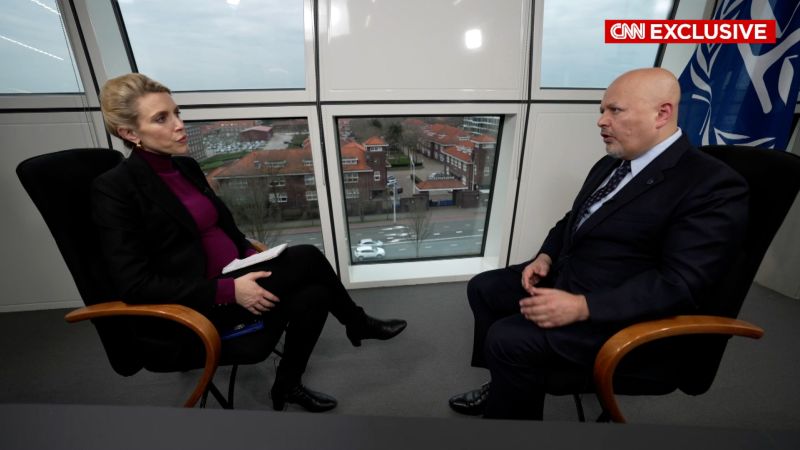
 English (US)
English (US)